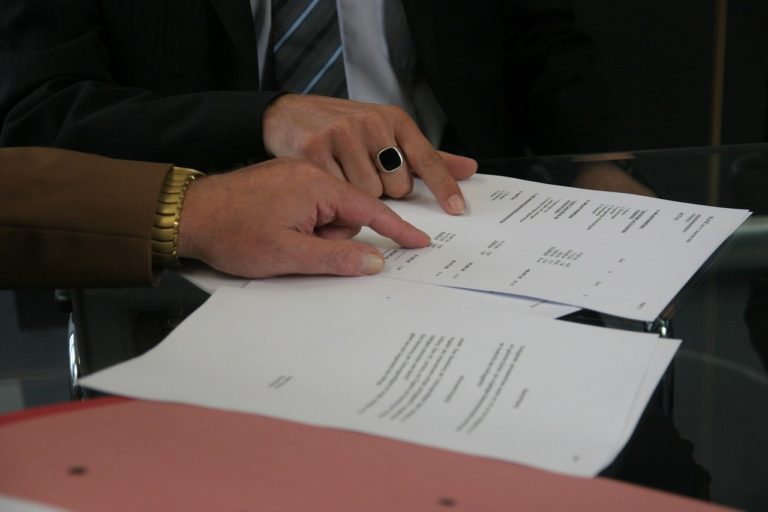Payment schedule when buying a new home
Let’s know when to pay and how much to expect
Once you have decided on a property to buy in Japan, you will need money in the amount of millions of yen including many kind of expenses, so you should know in advance what kind of expenses you would pay for.
Expenses to be paid when requesting to buy a property
申込み証拠金 [MOUSHIKOMI SHOUKO KIN] (もうしこみしょうこ きん)
It’s an application deposit. It’s about 20,000-100,000 yen. *Some properties are not required.
This money is used as a “deposit” at the time of signing the contract, but it is usually returned in case of cancellation before the contract is signed. When paying, you should get a 預り証 [AZUKARI SHO] (あずかりしょう) “deposit slip”.
Expenses to be paid when signing a purchase contract:
手付金 [TETSUKE KIN] (てつけ きん)
Deposit : It would be about 5% to 10% of the purchase price.
The deposit will be used to fund a portion of the purchase price. but if the buyer cancels the deal between the contract and property handover, the deposit will not be returned. On the other hand, if the seller cancels the contract for his own reasons, the seller will pay twice the deposit to the buyer.
印紙税 [INSHI ZEI] (いんしぜい)
Stamp duty : The tax amount depends on the purchase price. For example, if the property value exceeds 10 million yen and is less than 50 million yen, the tax amount is 10,000 yen.
仲介手数料 [CHUKAI TESURYO] (ちゅうかいてすうりょう)
Brokerage fee : In the case of a newly built house, a “broker’s commission” of up to “(purchase price x 3% + 60,000 yen) + 10% consumption tax” is paid to the real estate company, but in many cases, half of the commission is paid at the time of contract and at the time of settlement of the remaining balance. (In the case the seller is a real estate company, no broker’s fee is charged.
Expenses to be paid before handing over:
残金 [ZANKIN] (ざんきん)
Remaining balance : You will pay the “balance” before the property is handed over to the buyer. *In some cases, a portion of the remaining balance is paid as an 中間金 [CHUKAN KIN] (ちゅうかんきん) earlier than the balance settlement.
You can have the money borrowed on a mortgage loan transferred directly from the bank.
印紙税 [INSHI ZEI] (いんしぜい)
Stamp duty : When signing a mortgage contract (金銭消費貸借契約 [KINSEN SHOHI TAISHAKU KEIYAKU] (きんせんしょうひたいしゃくけいやく) with the bank, you will pay another stamp duty to be affixed to the loan agreement. (20,000 yen if the amount borrowed exceeds 10 million yen and is less than 50 million yen)
不動産登記費用 [FUDOSAN TOKI HIYO] (ふどうさんとうきひよう)
Expenses of real estate registration : You will pay for 登録免許税 [TOROKU MENKYO ZEI] (とうろくめんきょぜい) “registration and license tax ” & fees for the 司法書士 [SHIHO SHOSHI] (しほうしょし) “judicial scrivener” who performs the registration.
ローン借入費用 [LOAN SHAKUNYU HIYO] (ろーんしゃくにゅうひよう)
Mortgage expenses : Depending on the type of loan and the bank, there are costs associated with signing a loan agreement, such as administration fees, guarantee fees, and fire insurance
税金の清算 [ZEIKIN NO SEISAN] (ぜいきん の せいさん)
Settle up the tax : Pay 固定資産税 [KOTEI SHISAN ZEI] (こていしさんぜい) “property tax” and 都市計画税 [TOSHIKEIKAKU ZEI] (としけいかくぜい) “city planning tax” to the seller on a pro-rated basis
修繕積立金 [SHUZEN TSUMITATE KIN] (しゅうぜんつみたてきん)
When you buy a newly-built condominium, you will pay this money. (approx. 200,000 ~ 400,000Yen). This is the money collected monthly from unit owners for the 管理組合 [KANRI KUMIAI] (かんりくみあい) “management association” to carry out repairs in accordance with the [長期修繕計画] (CHOUKI SYUZEN KEIKAKU) “long-term repair plan”.
Expenses to be paid after handing over:
引っ越し費用 [HIKKOSHI HIYO] (ひっこしひよう)
Moving Expenses : Typical moving costs for a family of four are in the range of 100,000 to 200,000 Yen (approximate moving distance of less than 15 km. It depends on the amount of furniture and service plan)
不動産取得税 [FUDOSAN SHUTOKU ZEI] (ふどうさんしゅとくぜい)
Taxes on the acquisition of real estate : 6 to 18 months after handing over, the prefectural government sends a 納税通知書[NOZEI TSUCHI SHO] (のうぜいつうちしょ) “tax notice” to a new property holder. New houses that meet certain conditions, such as 50 square meters to 240 square meters of floor space, are eligible for the tax reduction measures, and it is not uncommon for new condominiums to be tax-free.

